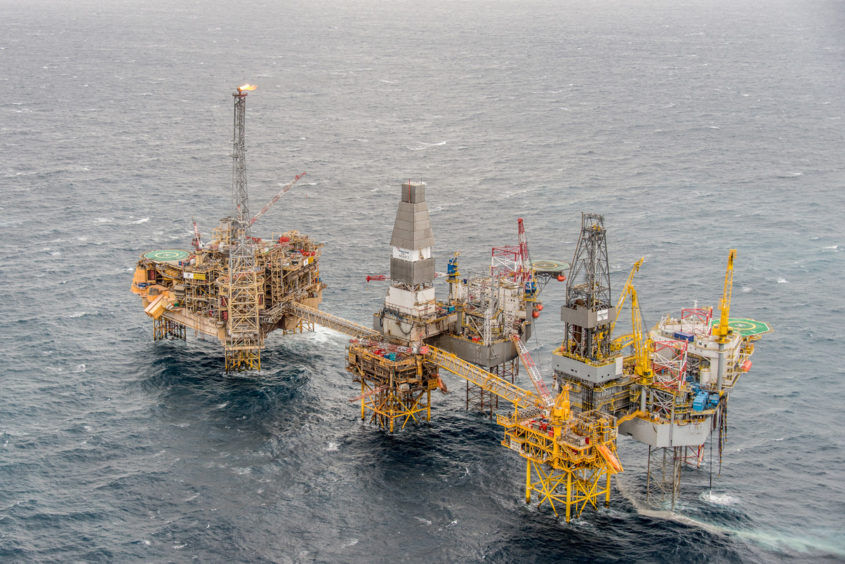
Health and safety inspectors have issued an improvement notice to TotalEnergies after finding nearly 900 standing alarms on the Elgin/Franklin installation in the North Sea.
According to a notice published by the Health and Safety Executive (HSE) this week, inspections during July found an “unmanageable” number of alarms in the installation’s control room.
Inspectors observed “persistently high numbers of standing alarms”, an “inappropriate alarm prioritisation” which made it difficult to discriminate important alarms from those of less importance and, and an “unmanageable” rate of alarm warnings that made it meant operators may not be able to respond properly in abnormal plant conditions.
TotalEnergies (PAR:TTE) said it working to improve, has been given a further year to address the issue.
Notably, inspectors found the operator was failing to keep up with guidance, with 891 standing alarms recorded – nearly 180 times its documented target of five.
Over 19% of these alarms were categorised as high priority compared with a target of below 5%.
Meanwhile, control room operators were confronted with higher-than-manageable levels of 10 alarms per 10 minutes for more than 5% of their working time, compared with a target of below 1%.
In its notice the HSE says that commitments to improve were given in written responses to previous inspections of the systems, but results had not been seen during its summer 2023 visit.
As a result it ruled that the operator had “failed to establish a clear alarm improvement strategy to address the risk posed by persistent problems” with the systems on board.
A spokeswoman for TotalEnergies said: “We received an improvement notice on Elgin due to alarm rates being in excess of British Standards.
“We operate complex sites with many systems that generate alarms and we recognise that we must continuously strive to improve alarm management on all our sites. The HSE has given us one year to further address this issue.”
The Elgin/Franklin fields are two adjacent gas condensate fields located in the UK Central North Sea around 130 miles east of Aberdeen.
The fields are operated by TotalEnergies (46.2%) with ENI (21.9%), Harbour Energy (19.3%), Ithaca Energy (6.1%), NEO Energy (4.4%) and ONE-Dyas (2.2%) holding non-operated interests
Together the Elgin/Franklin facilities form a major hub consisting of a central processing facility (PUQ), two wellhead platforms (Elgin A and Franklin) and two additional wellhead platforms (West Franklin and Elgin B) completed in 2014.
Standing alarms remain an issue for operators, with the HSE pulling up Repsol Sinopec earlier this year after it found that redundant alarms flagged on the Auk platform in 2021 had not been addressed after nearly two years.
